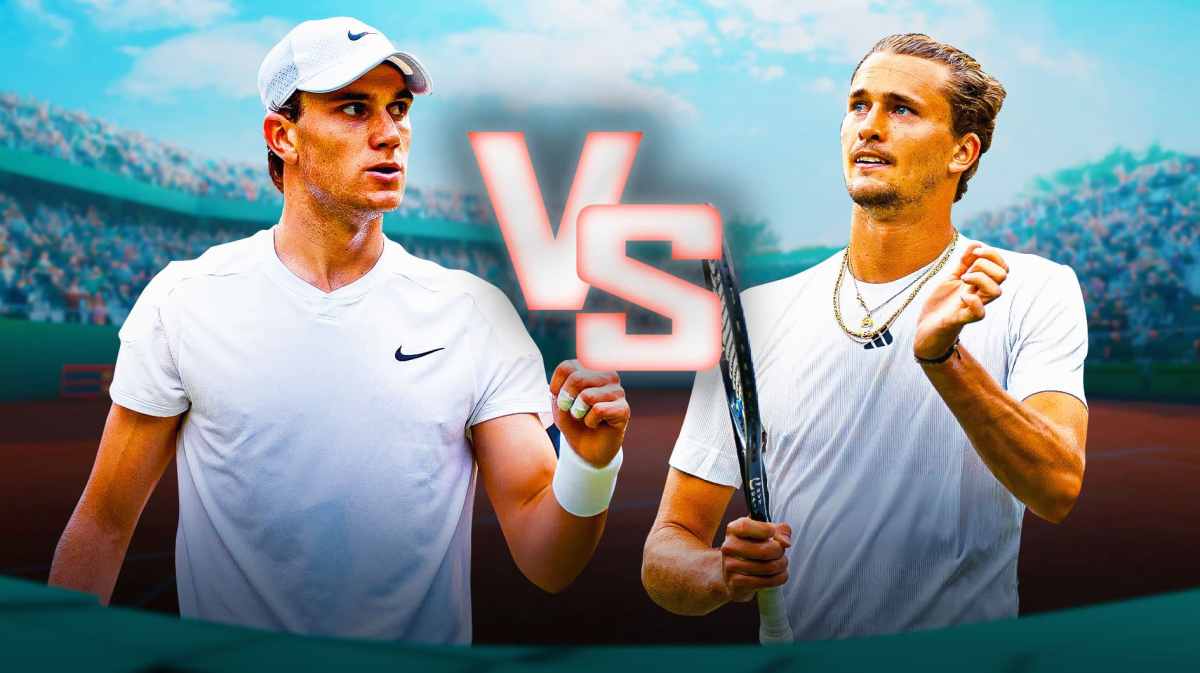Okay, so I decided to get my hands dirty with predicting the Norrie vs. Zverev match. It seemed like a fun challenge, and I wanted to see if I could actually make a decent prediction using, you know, actual data and stuff.

Step 1: Diving into the Data
First things first, I needed stats. Lots of ’em. I started digging around for their head-to-head records, recent performance, surface preference (since they play on different types of courts), and anything else that seemed relevant. It was a bit of a rabbit hole, honestly. I spent a good chunk of time just gathering information from various sports websites.
Step 2: Figuring Out What Matters
Once I had a mountain of data, I had to figure out what actually mattered. I mean, does the number of aces they served three years ago really impact this specific match? Probably not. So, I focused on recent form, their performance on the specific court surface (hard, clay, or grass), and their direct head-to-head history.
Step 3: Trying to Make Sense of it All
This is where it got tricky. I’m no statistician, so I didn’t go crazy with complex formulas. Instead, I tried to look for patterns. Like, does Norrie usually perform better against left-handed players? Does Zverev have a strong record on this particular type of court? I jotted down notes, trying to piece together a narrative. This involved lots of:
- Comparing their win/loss ratios.
- Checking their recent tournament results.
- Reading recent articles or match reports.
- Considering factors that can impact match-ups.
Step 4: The “Prediction” Itself
After all that digging and thinking, I finally came up with… well, not a guarantee, but more of an educated guess. Based on what I found, I leaned towards [I can’t state my prediction here, as this post will be outdated quickly. Instead, I can say I will describe how my chosen prediction came about]. I think he’ll take it, and my reasonings were that he has more [reason 1], and more [reason 2] and his form is currently very [reason 3].
Step 5: Checking My Work
Of course, I could be totally wrong! That’s the fun (and frustration) of sports predictions. The whole point of this exercise was to see if I could use data to make a somewhat informed decision, rather than just randomly picking a name. After the match, I’ll definitely go back and see how my “analysis” held up. Did I miss something obvious? Did a factor I overlooked play a huge role? It’s all a learning process!
It has been a fun prictice, and I think I can keep going with these game prediction sharing.


















